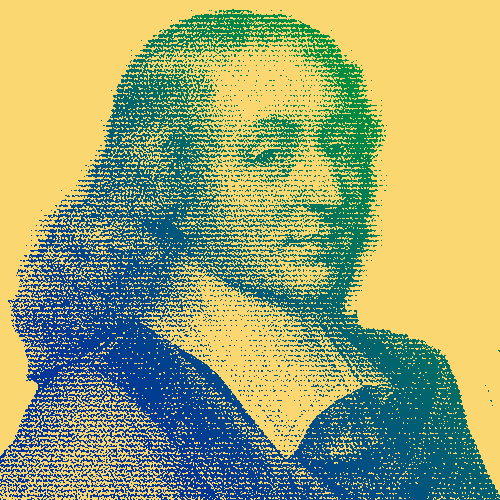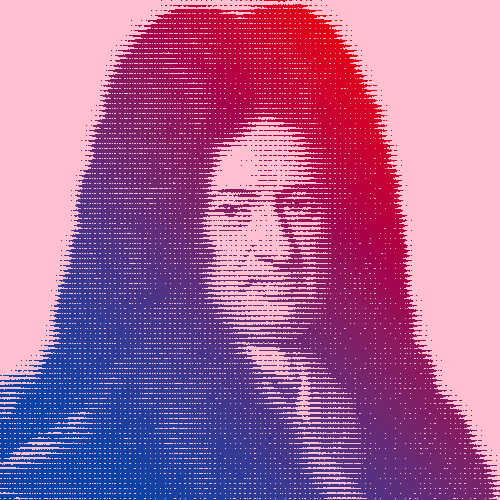How much can you fit into 39 short years? An incredible amount if you are French prodigy Blaise Pascal (1623-1662). Although never having attended formal school or university, Blaise had developed his first of many groundbreaking theorems by the age of 16. At 19, he had created the first mechanical calculator. Yet, this still doesn’t summarize the many significant contributions to probability theory and reams of religious writings that Blaise contributed.
Unconventional beginnings
Blaise’s life was anything but ordinary. As a baby, he suffered from a mysterious illness that was blamed on a local witch and “cured” by throwing cats out the window. As a child, he was taught at home by a father who only introduced mathematics when he was 13 years old fearing it would devour all his attention – but by then, Blaise was already coming to some staggering mathematical conclusions of his own.
Early breakthroughs
Building on the work of Girard Desargues, he developed Pascal’s Theorem, which is a key contribution to projective geometry. Studying the relationship between geometric figures and their projections is still used today in applications ranging from image analysis to coding theory. But he didn’t stop there. When his father was appointed Commissioner of Taxes in the French city of Rouen, he set about making the job a little less arduous. Some 50 prototypes later, he had built the first mechanical calculator, the “Pascaline.”
Stakes in the future of science
Religion would also play an important role in his life. By 1646, he’d converted to Jansenism, a branch of Catholicism focusing on divine grace and predestination. Initially focusing on religious writings, he also explored more worldly matters such as atmospheric pressure and popularized Pascal’s triangle (a tabular presentation of binomial coefficients). In 1654, while contemplating a gambling problem posed by his friend Chevalier de Mere, he and Pierre de Fermat explored the possibility of predicting an outcome. This was the beginnings of the modern probability theory.
“To deny, to believe, and to doubt well, are to a man what the race is to a horse.”
Religious fervor & mathematical musings
In his final years, he more or less turned his back on science and published Lettres provinciales defending Jansenism. After his death, a series of philosophical and theological fragments were collected together and published as Les Pensées, in which he shared remarkable theories on the arithmetical triangle and cycloid.
In frail health all his life, Blaise died just before his 39th birthday. He was, without doubt, a talented mathematician — not to mention physicist, inventor, writer and theologian — who made a lasting impact on modern economics, social science, philosophy and beyond.
Key Dates
-
1649
Pascal Receives Royal Privilege
Pascal receives a Royal Privilege which grants exclusive rights to make and sell his calculating machines, which feature an innovative carry-on system with independent digits.
-
1656
Forced underground
Forced underground, Blaise Pascal publishes Lettres provinciales using the pseudonym Louis de Montalte and presents his satirical defense of Jansenism as reports from a Parisian to a friend in province.
-
1662
In honor of Pascal's scientific contributions
In honor of his scientific contributions, the name Pascal is given to the SI unit of pressure, and a programming language.




